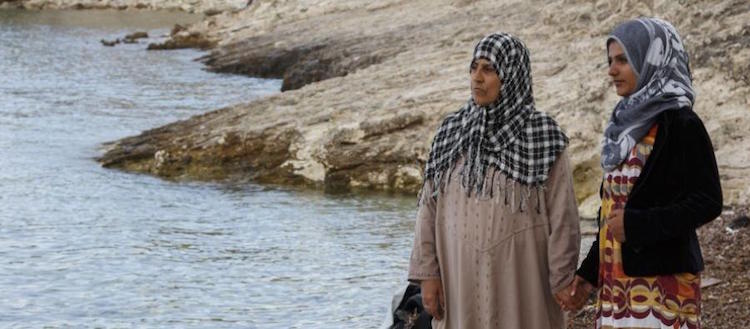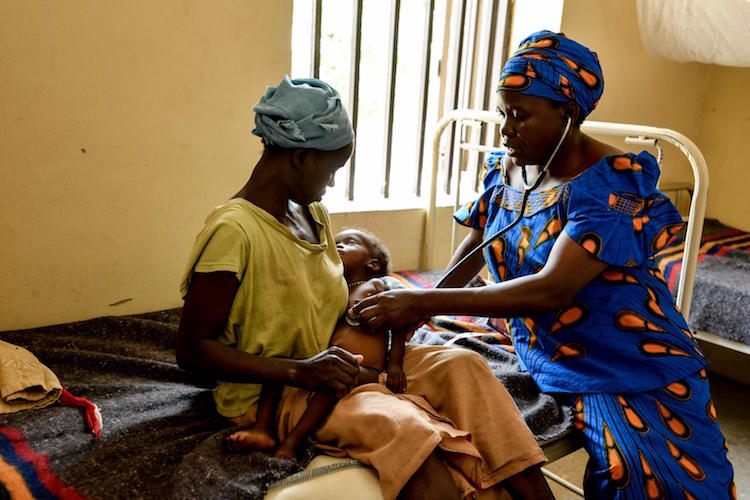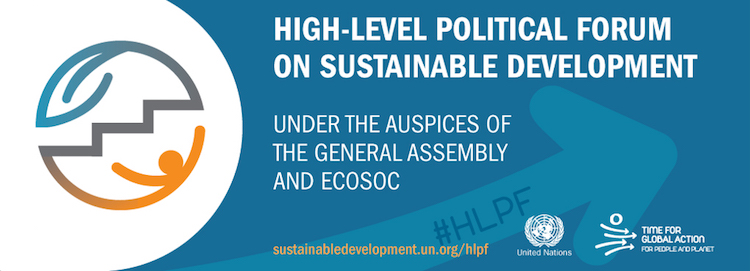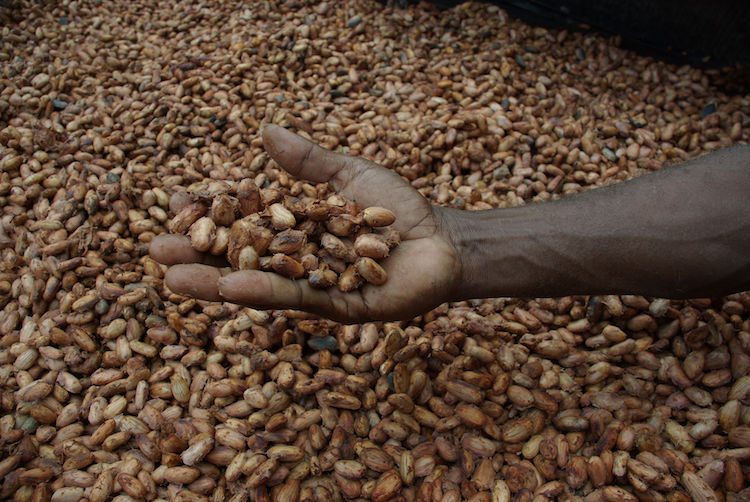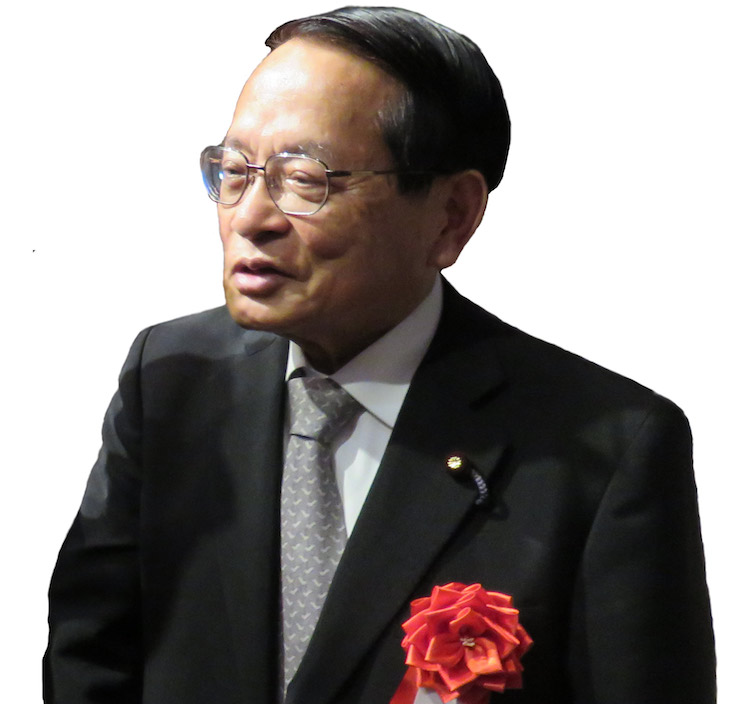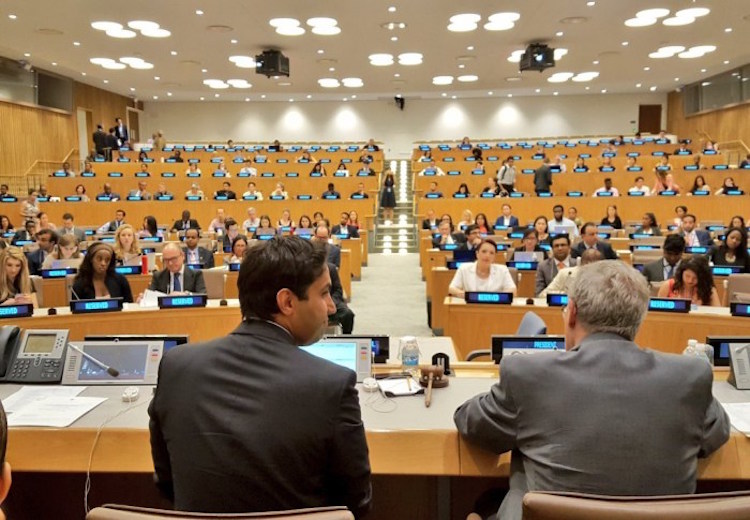By Rizwy Raheem
UNITED NATIONS (IDN) – UN Secretary-General Ban Ki-moon, who hails the Climate Change agreement as one of the political legacies of his 10-year tenure in office, is hosting a special event in September urging member states to deposit their instruments of ratification so that the treaty can come into force before he steps down end December.
The invitation for the September 21 event has been sent out to world leaders who will be attending the annual General Assembly sessions.
The agreement, which was finalized in Paris in December 2015, will enter into force 30 days after at least 55 countries – accounting for 55 per cent of global greenhouse gas emissions – deposit their instruments of ratification or acceptance with the Secretary-General.



